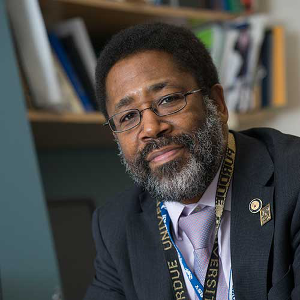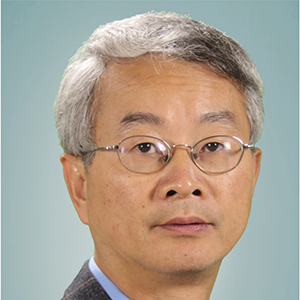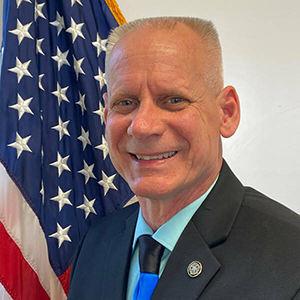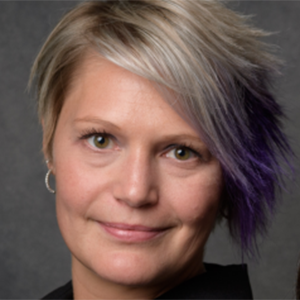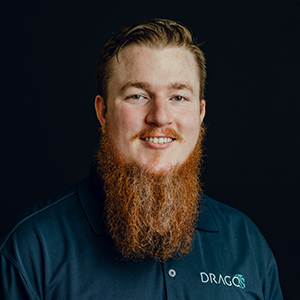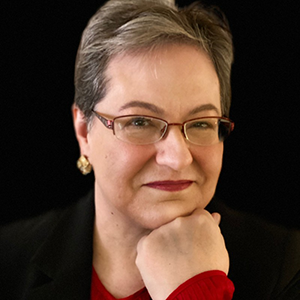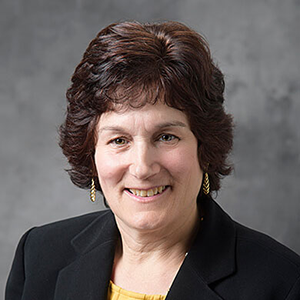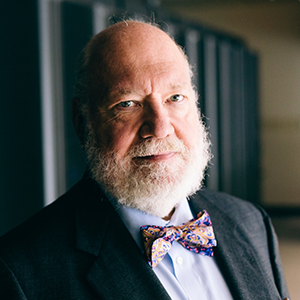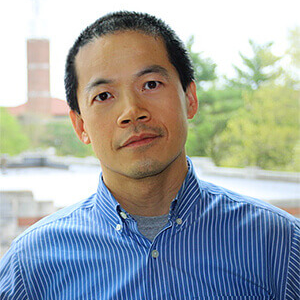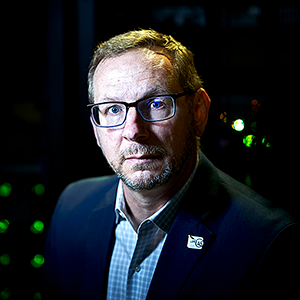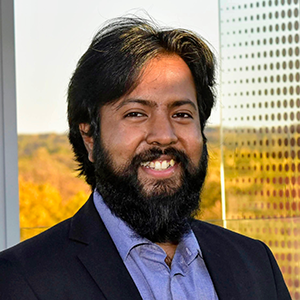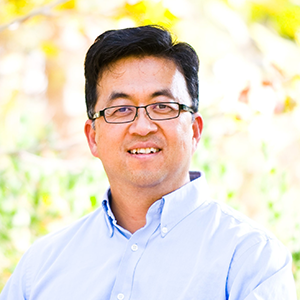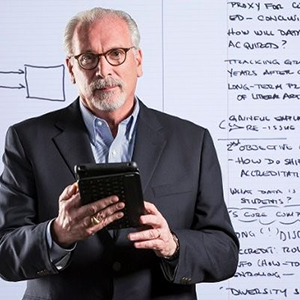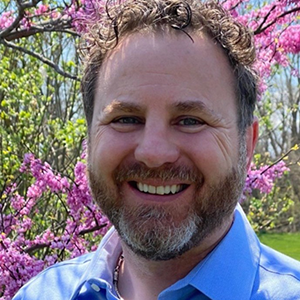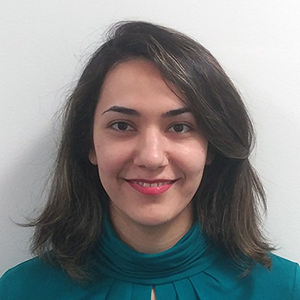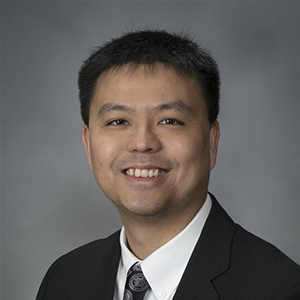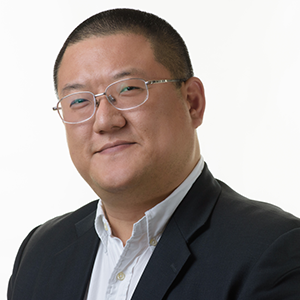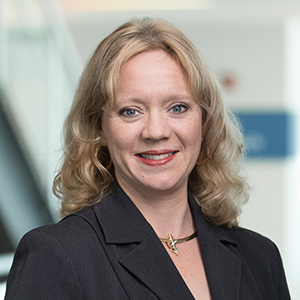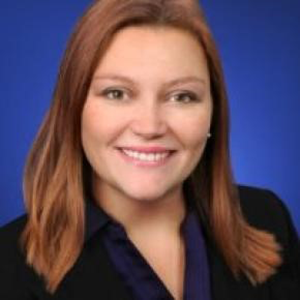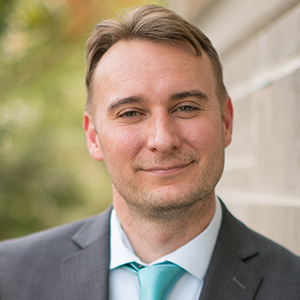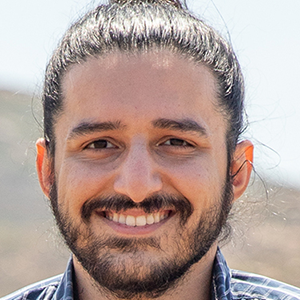Barrett S. Caldwell is Professor of Industrial Engineering (and Aeronautics & Astronautics, by courtesy) at Purdue. His PhD (Univ. of California, Davis, 1990) is in Social Psychology, and BS degrees in Aeronautics and Astronautics and Humanities (MIT, 1985). His research team is the Group Performance Environments Research (GROUPER) Laboratory. GROUPER examines and improves how people get, share, and use information well in settings including aviation, critical incident response, healthcare, and spaceflight operations. Prof. Caldwell has over 200 scientific publications, including journal articles, conference proceedings, and book chapters.
He was named in 2008 as a Fellow of the Human Factors and Ergonomics Society (HFES, the leading scientific body in this area in the US and one of the premier ergonomics societies in the world). Prof. Caldwell was also asked to co-organize the 2008 session on Cognitive Ergonomics for the National Academy of Engineering US Frontiers of Engineering (FOE) conference. (He was also a participant in the 2003 US FOE, and the 2006 German-American FOE, conferences.) His work demonstrates a fundamentally interdisciplinary and multifaceted approach to learning, exchanging, and applying knowledge.
During his 2010-2011 participation as a member of the Purdue Entrepreneurial Leadership Academy, Prof. Caldwell developed and extended a model of university-industry partnerships, highlighting campus and corporate tensions to manage intellectual property portfolios and knowledge worker skill sets. In 2011, he was named a Purdue University Faculty Scholar. From August 2016 through August 2017, he served in Washington, DC as a Jefferson Science Fellow in the U.S. Department of State’s Bureau of East Asian and Pacific Affairs, Office of Japanese Affairs.
Since 2020, Prof. Caldwell has devoted additional time and effort to leadership and stewardship for the Purdue University community. In October 2020, he was invited to participate as a member, and Working Team Lead, for the Purdue Equity Task Force; in May, 2021 he was named strategic advisor and Provost Fellow for the Equity Task Force Implementation Team, focusing on representation, experience and success for Black graduate students, postdocs, and faculty. From January – May 2022, Prof. Caldwell also provides stewardship to the School of Industrial Engineering as Interim Head.
